-
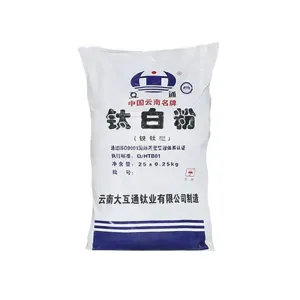 Dahutong HTA-120 Anatase Titanium Dioxide
Dahutong HTA-120 Anatase Titanium Dioxide -
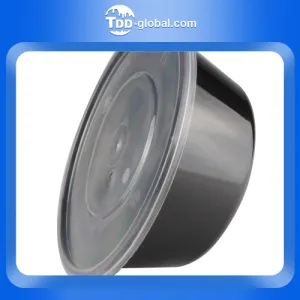 Y750 disposable plastic 400ml bowl food container
Y750 disposable plastic 400ml bowl food container -
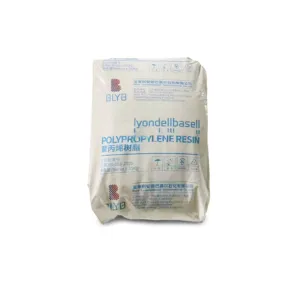 PP Yarn HP550JB
PP Yarn HP550JB -
 Wholesale Cheap Disposable Plastic 2oz Mini Sauce Cup With Lid Clear Cups Sauce Container
Wholesale Cheap Disposable Plastic 2oz Mini Sauce Cup With Lid Clear Cups Sauce Container -
 CY-C10round bottom
CY-C10round bottom -
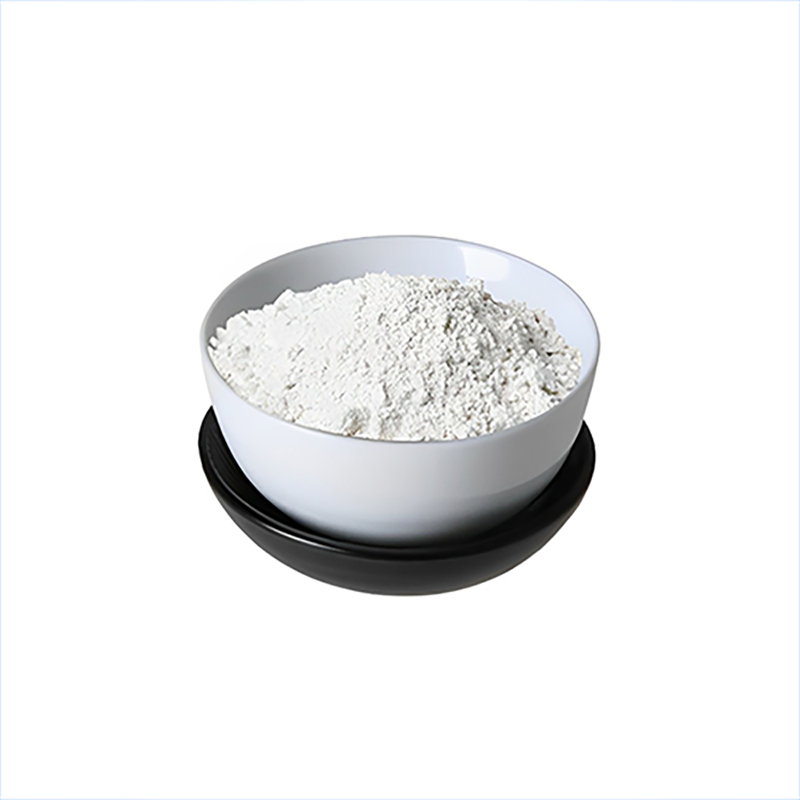 Xinweiye Heavy Calcium Carbonate 800 Mesh
Xinweiye Heavy Calcium Carbonate 800 Mesh -
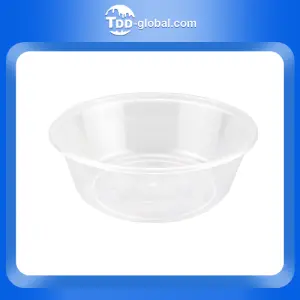 Y300 Eco Friendly Disposable Takeaway leakproof Packing Black round Plastic Food Container
Y300 Eco Friendly Disposable Takeaway leakproof Packing Black round Plastic Food Container
Q
don carlton honda vehicles
@TechTransforms - Focusing on the role of technology in industrial transformation, exploring AI, robotics, automation and more.
For your vehicle. you can use regular gasoline with E85. The vehicle is designed to run on a variety of ethanol/gasoline blends and is referred to as a flex-fuel vehicle. The type of fuel used may affect performance and efficiency slightly. To determine the best type of fuel for your vehicle. check with the manufacturer.
You May Like
Tyres can blow out due to several reasons:
1. Over inflation: If tyres are filled with too much air, they can burst. The pressure causes the rubber to stretch beyond its limit, resulting in a blowout.
2. Under inflation: When the tyre doesn't have enough air, it can cause the tyre to flex more than it should. This excessive flexing leads to overheating of the tyre which compromises the integrity of the rubber and structural components, leading to a blowout.
3. Overloaded vehicle: If a vehicle is carrying weight exceeding its capacity, it will put an excess load on the tyres which can cause a blowout.
4. Damage or Wear: Tyres that have damage from hitting potholes or sharp objects, have tread separation or are just old and worn out can all lead to blowouts.
5. Extreme Heat: High ambient temperatures can cause the air inside a tire to expand, causing it to burst.
6. Negligence in maintenance: Not rotating the tires regularly or not aligning the tires properly can lead to uneven wear and tear. This can result in a blowout.
It's important to regularly check and maintain tyre health to prevent blowouts and ensure safety.
1. Over inflation: If tyres are filled with too much air, they can burst. The pressure causes the rubber to stretch beyond its limit, resulting in a blowout.
2. Under inflation: When the tyre doesn't have enough air, it can cause the tyre to flex more than it should. This excessive flexing leads to overheating of the tyre which compromises the integrity of the rubber and structural components, leading to a blowout.
3. Overloaded vehicle: If a vehicle is carrying weight exceeding its capacity, it will put an excess load on the tyres which can cause a blowout.
4. Damage or Wear: Tyres that have damage from hitting potholes or sharp objects, have tread separation or are just old and worn out can all lead to blowouts.
5. Extreme Heat: High ambient temperatures can cause the air inside a tire to expand, causing it to burst.
6. Negligence in maintenance: Not rotating the tires regularly or not aligning the tires properly can lead to uneven wear and tear. This can result in a blowout.
It's important to regularly check and maintain tyre health to prevent blowouts and ensure safety.
CPVC (Chlorinated Polyvinyl Chloride) is a popular choice in the plumbing industry, primarily due to its resistance to corrosion and high temperatures, making it ideal for hot and cold water delivery. Unlike PVC, CPVC can handle temperatures up to 200°F, which means it can be used for delivering hot water in residential or commercial buildings without risk of deforming or breaking down. CPVC is also less reactive with chlorine, reducing the risk of health hazards from chlorine breakdown products. Additionally, it's relatively easy to install compared to copper or steel systems, leading to lower labor costs. However, CPVC is not without its drawbacks. It can become brittle over time, especially in environments that experience wide temperature fluctuations, leading to potential cracking. Moreover, CPVC's thermal expansion can sometimes necessitate additional considerations during installation to prevent pipe damage. Properly installed and maintained CPVC plumbing systems can last 50 to 70 years, making it a durable option for many plumbing needs.
Titanium does not contain nickel. They are separate elements in the periodic table. However. they can be combined to form alloys.
You May Like
Q&A
- •polypropylene corona treatment
- •how to reseal pvc pipe
- •physical characterization of titanium dioxide nanoparticles
- •boiling point of titanium
- •how to build a greenhouse using pvc pipe
Popular Information
- •China PE Market Continued to Fall at the end of May in the Off-season
- •Specialty and petrochemicals to contribute maximum to Indian chemicals market, says McKinsey
- •Why this IIT duo quit their high-paying jobs to sell milk
- •Global Caustic Soda Prices Remain Steady for the Second Consecutive Week of June 2023
- •Tianjin Bohai Successfully Resumes Propylene Oxide Production in China Post-Renovation









